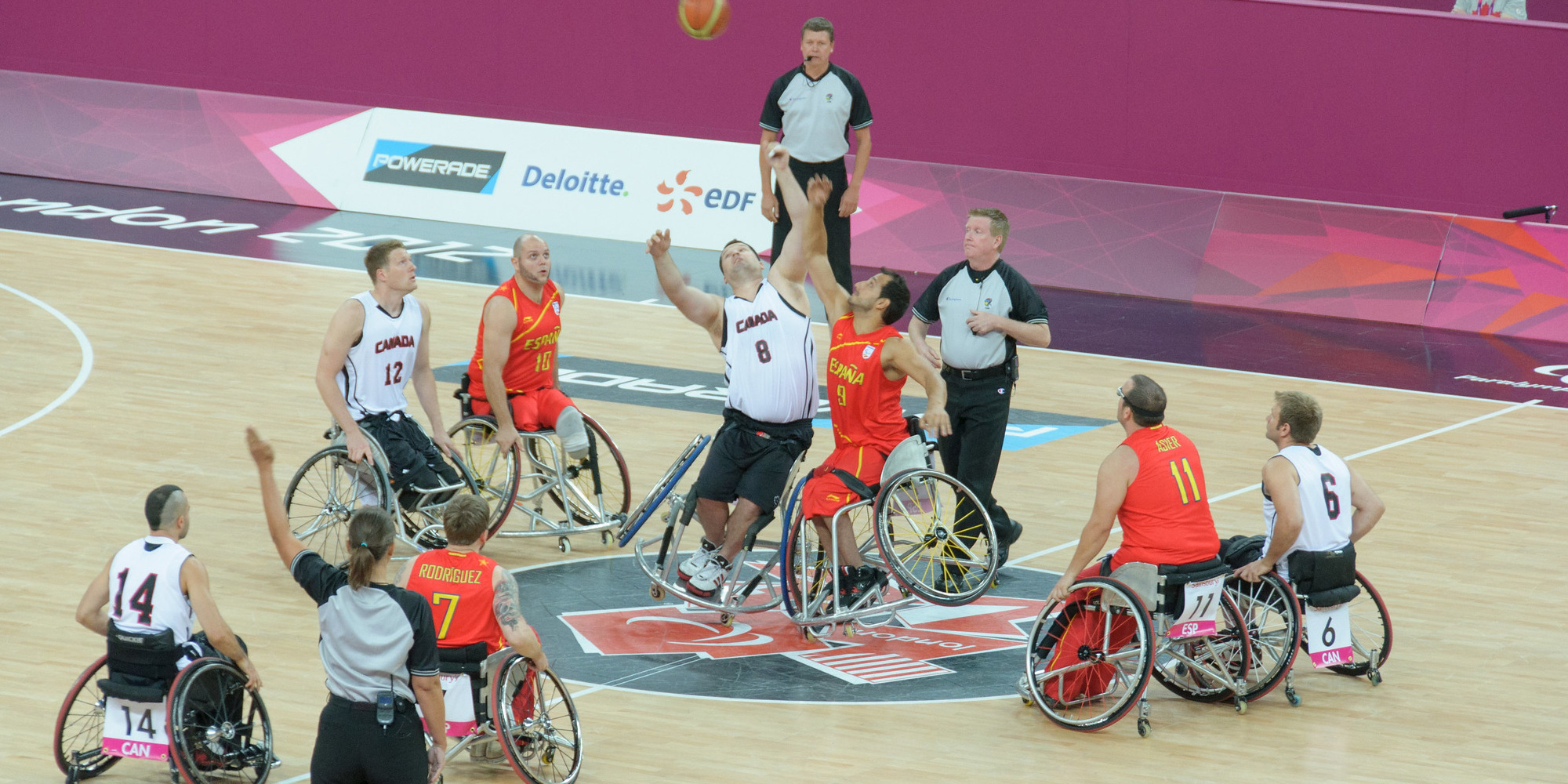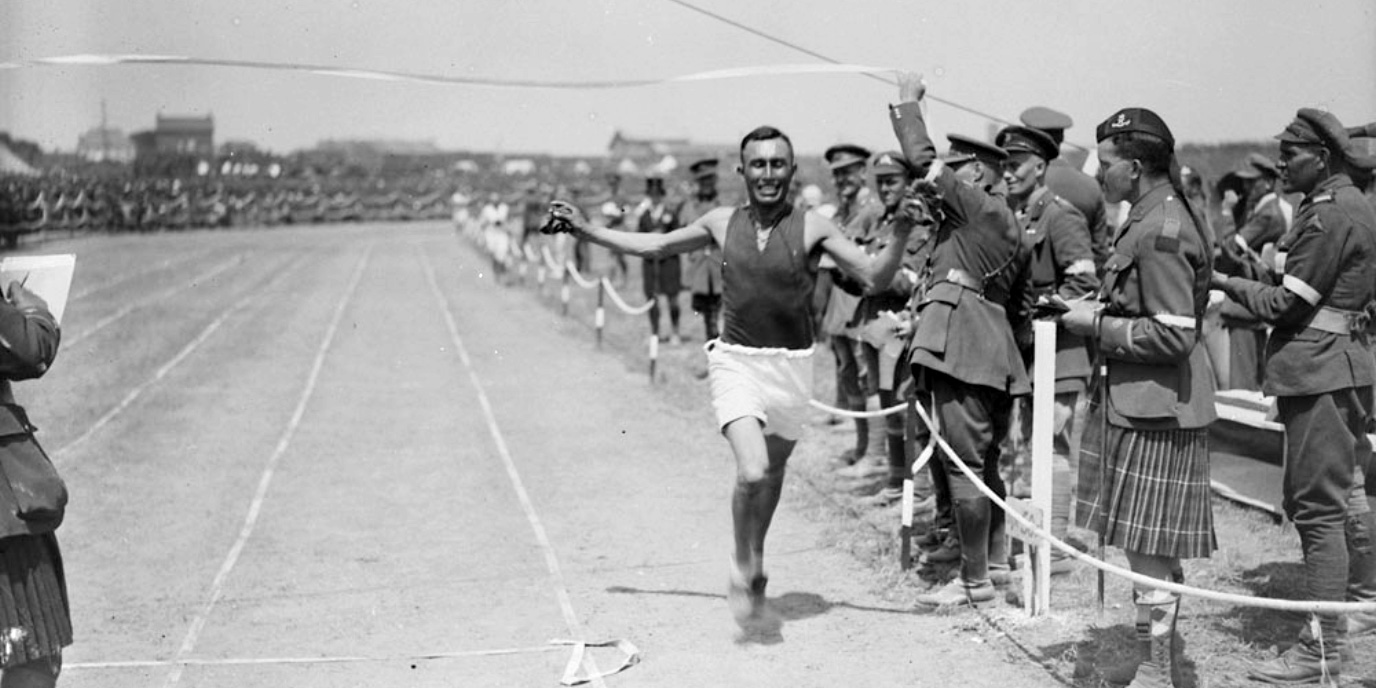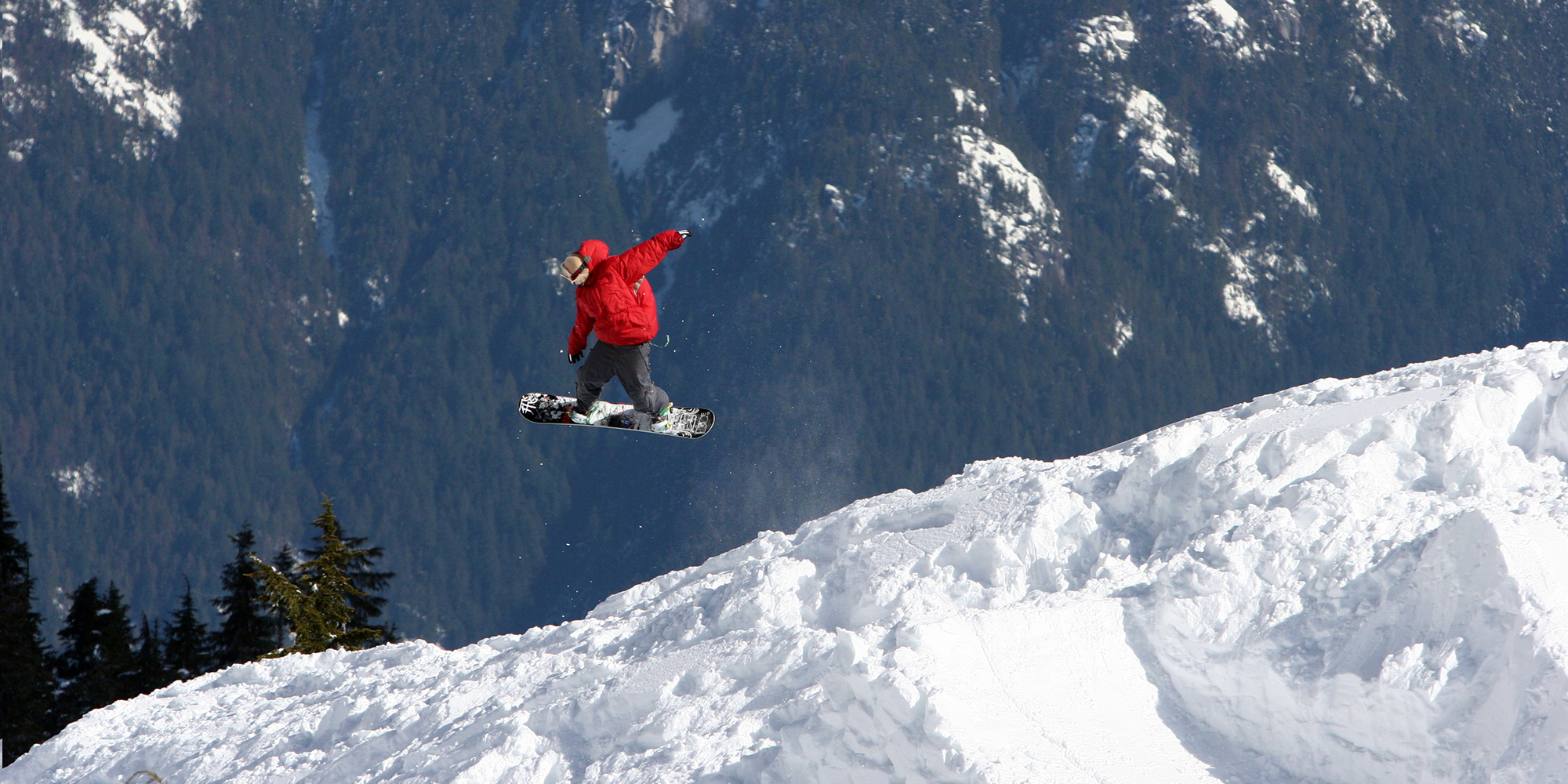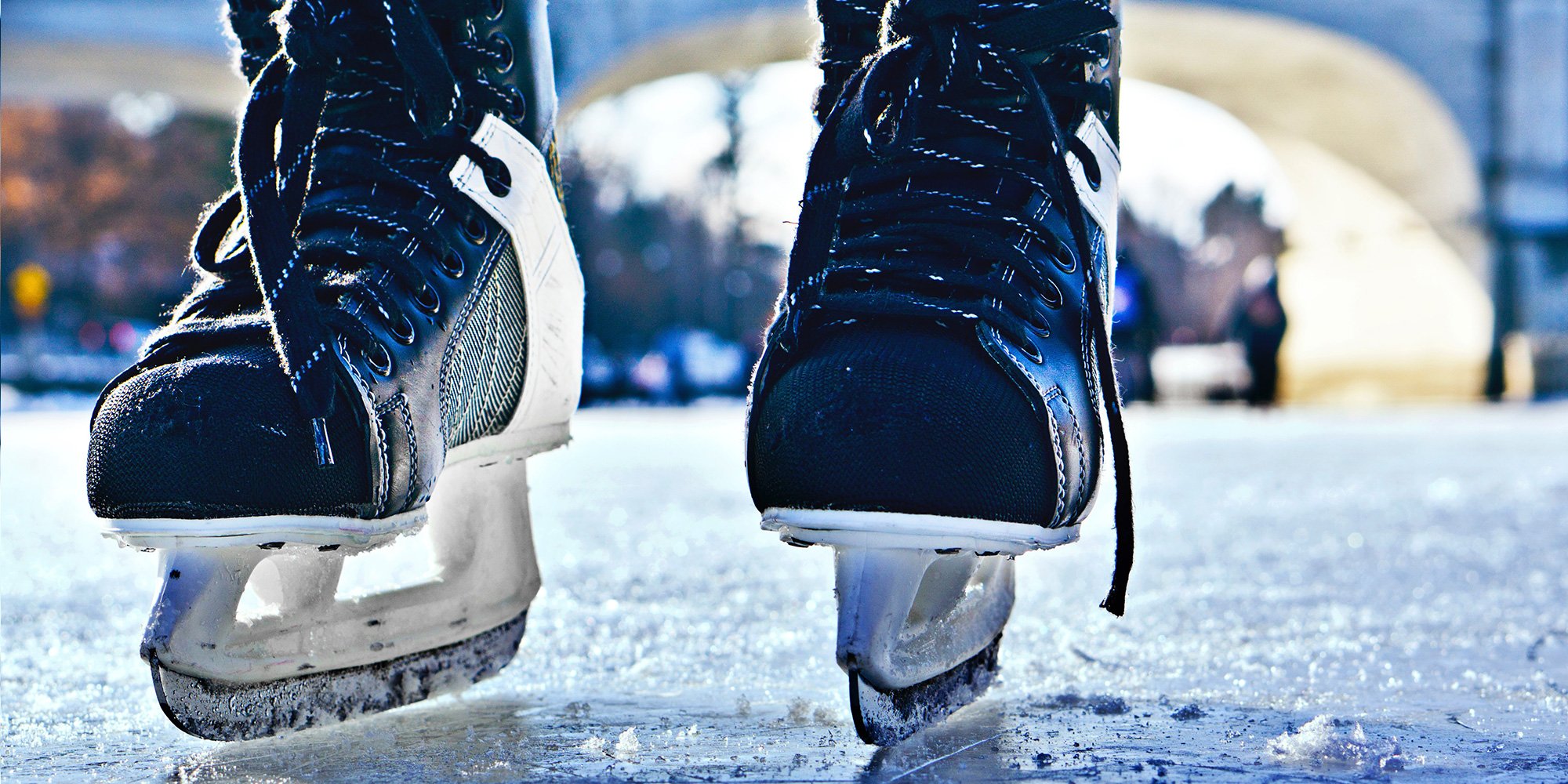Are There Aboriginal Athletes Participating in the 2012 Games?
Are there Aboriginal Athletes Participating in the 2012 Games? You bet there are!

Richard Peter, a proud member of the Cowichan Tribes of Vancouver Island, is a veteran on the men’s wheelchair basketball team and will be competing for Canada for the fifth time! Peter and his teammates have won medals in three Olympics - gold medals in 2000 and 2004; and silver in 2008.
Peter, one of many aboriginal paralympians was injured when he was four but did not let being in a wheelchair prevent him from trying a multitude of different sports - track, tennis and hockey - but when he was introduced to wheelchair basketball he found his niche - an introduction that truly was a golden moment - evidenced by his two gold medals. As he puts on his blog “When I was introduced to wheelchair basketball at the age of 15, I never thought that I would be able to make a career out of it. However, the sport quickly grew on me and I soon found myself competing at the highest levels.”
He has been on the senior men’s national team since 1994, and as well as his Olympic medals, he and the team won the world championship title in 2006. Peter is a member of British Columbia’s provincial team which has won five consecutive national championship titles and he has played professionally in Germany and Italy. He won the Tom Longboat National Award for Aboriginal Male Athlete of the Year in 2000; was inducted to the BC Sports Hall of Fame in 2010; and was a recipient of the National Aboriginal Achievement Award in 2012.
When he first joined the team, the older players called him “Little Bear” because of his tenacity - now a mature veteran on the team his nickname too has matured and these days he is known simply as “Bear”. While he may be a fierce competitor on the court, off the court he is considered a great ambassador for the sport and gives generously of his time to mentor young athletes.
Be sure to follow the action as Canada and the US face one another on the court for a re-match of the double overtime semi-final game (considered one of the most thrilling matches in the history of men’s wheelchair basketball) between the two countries in the 2008 Beijing Paralympics. Canada beat the US and moved on to claim the silver medal, while the US dropped to 5th place. In the July pre-Paralympic Test Series for the London games, the two teams met again, and after dropping the first two games, Canada defeated the US 70-56 in the third and final game. The action starts on August 30th with Canada competing against Japan; the team plays again on the 31st.
Over 4200 elite athletes from 172 countries will begin competition on August 29 in the same venues the Olympic Games were held in earlier in August. Of those 4200 athletes, 142 will be proudly wearing the red and white colours of Canada. Canada’s paralympians are ranked amongst the top in the world.
There are six categories of participation in the Paralympic Games: cerebral palsy, intellectual disability, amputee, wheelchair, visual impairment and les autres - the latter is a French term that means “the others”.
The Paralympic Games, formerly known as the International Wheelchair Games (first held in 1948 to coincide with the London Olympics) and later as the Special Olympics, have grown to become an all-encompassing world-class competition with rigorous qualifying standards. The Paralympic Games are governed internationally by the International Paralympic Committee (IPC).
See our other article about Aboriginal athletes.
Featured photo: Richard Gillan, Flickr

Are there Aboriginal Athletes Participating in the 2012 Games? You bet there are!

We recently received a comment on our blog about Aboriginal athletes - why there aren’t more and why there aren’t any competing in the Sochi 2014...

Indigenous athletes often face tremendous difficulties beyond the rigours of training for their sport. They are frequently from geographically and...